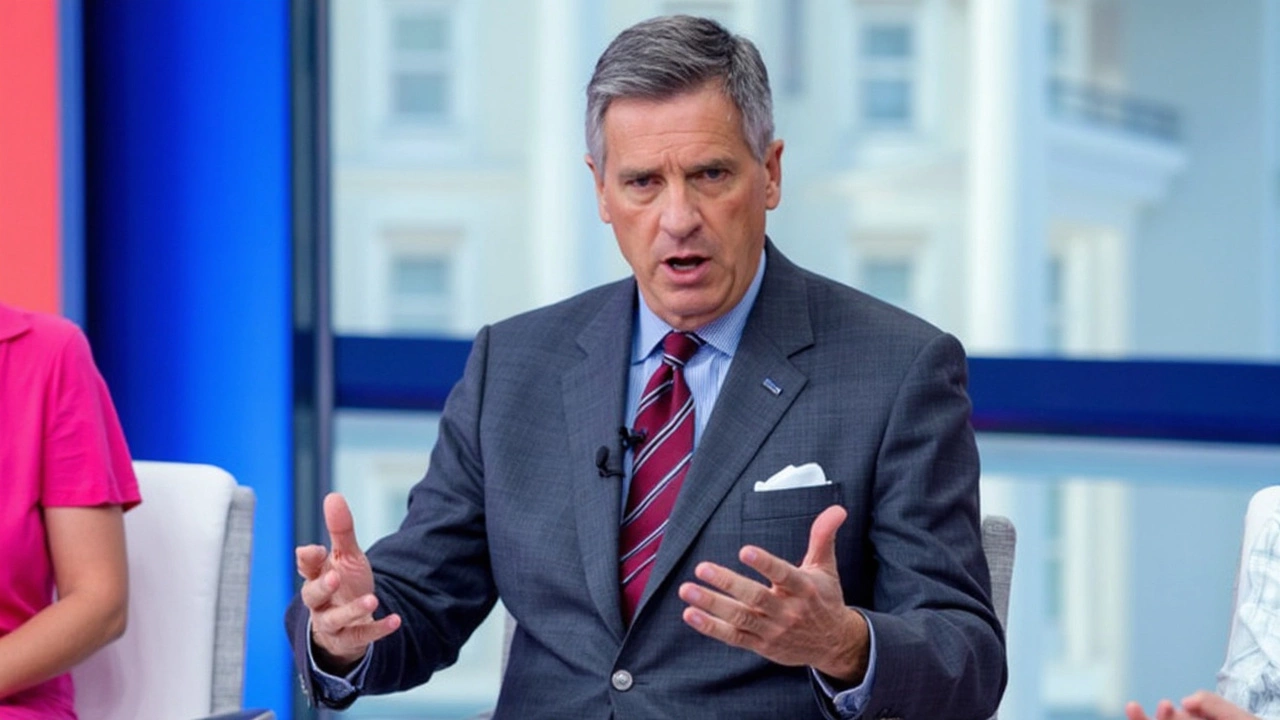The Incident: Controversy Over Leaked War Plans
When Fox News analyst Brit Hume chimed in on the buzzing controversy surrounding leaked war plans against the Houthi rebels in Yemen, the media landscape took notice. The drama unfolded after Jeffrey Goldberg, editor for *Atlantic,* stumbled into a Signal chat he was never meant to join. The chat was no simple exchange. It involved heavyweight names like National Security Advisor Mike Waltz, Vice President JD Vance, and notably, Defense Secretary Pete Hegseth. This chat contained detailed discussions on airstrikes planned for Yemen.
The details Goldberg encountered were not typical water-cooler conversations. They delved into strategies, targets, weapon types, and the sequence of attacks intended for the Houthis. It was enough to send shockwaves through the ranks and prompt a National Security Council review. However, when confronted by the media, Hegseth dismissed Goldberg's findings, labeling him a 'highly discredited so-called journalist,' insisting, 'Nobody was texting war plans.'
Responses and Repercussions
Amidst the mounting tension, Brit Hume decided to voice his disapproval. Appearing on Fox's *Special Report,* he called out the situation as a 'major leak' and later vented on social media: 'Oh for God’s sake, the administration has already confirmed the authenticity of the message.' His remarks stood in contrast to the generally dismissive tone taken by other Fox News personalities.
Hosts like Jesse Watters and Laura Ingraham were quick to rally against Goldberg, framing the leak as a liberal media spectacle. Yet, not everyone followed this narrative. Jessica Tarlov interjected, pointing out the serious security implications and the irony observed by Trump allies accustomed to political email scandals. The mix of reactions exhibited on Fox showcased varying perceptions of the breach's gravity, leaving audiences slightly puzzled.
As the dust began to settle, questions hovered over the heads of those involved, especially Mike Waltz. His role and judgment in the usage of Signal for such secretive exchanges brought about scrutiny. Some administration officials criticized the decision to discuss weighty matters on such platforms without verifying all participants.
The choice of Signal, trusted for its encryption, in similar contexts now faces fresh doubts. Officials and analysts alike are calling for reconsideration of communication channels used for sensitive military and political discussions following this incident. This episode throws light on potential vulnerabilities in how national security discussions are conducted, sending ripples beyond just the chat participants.
